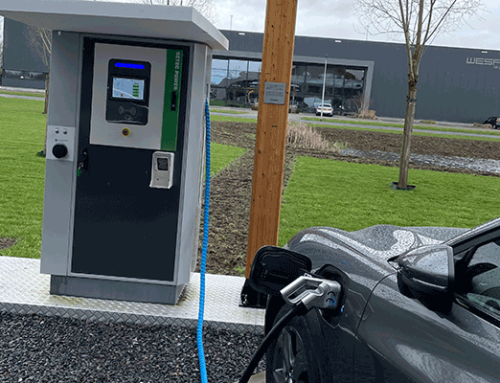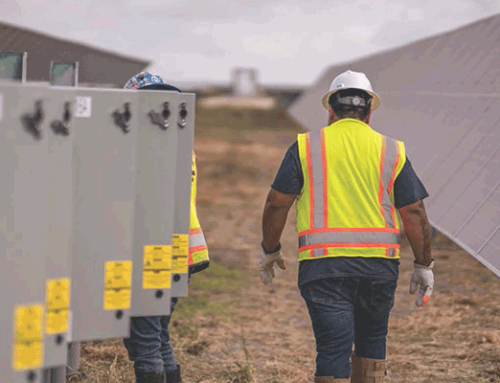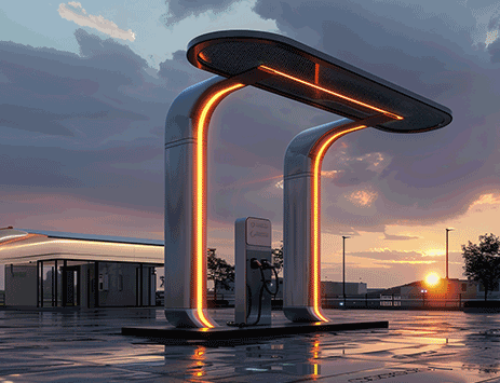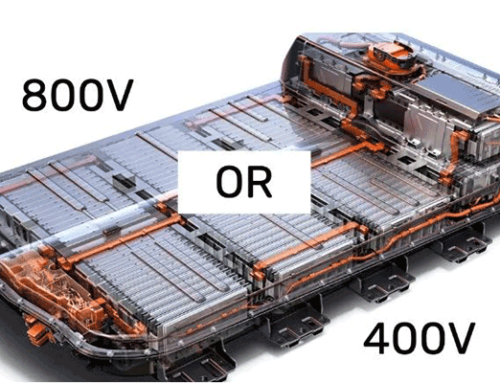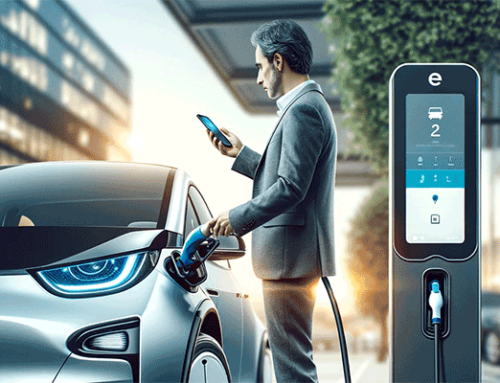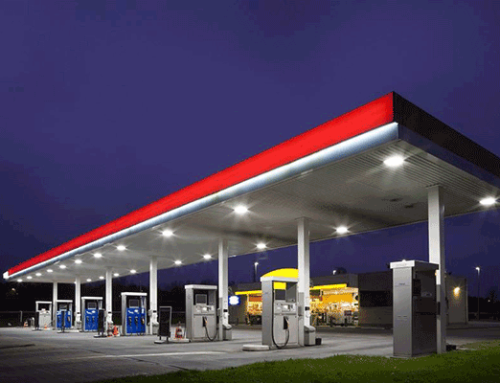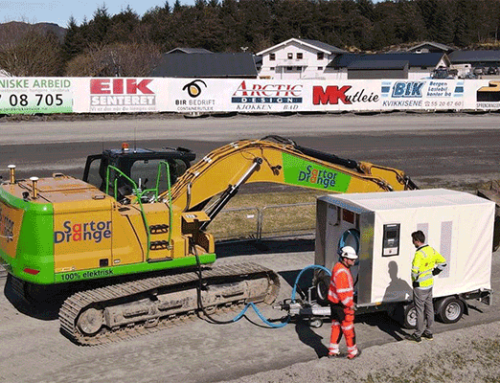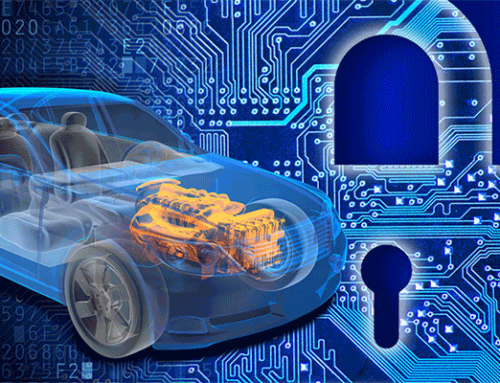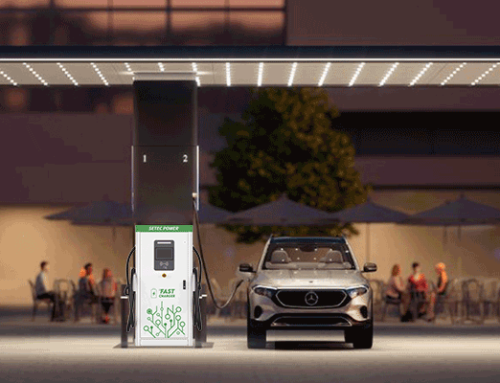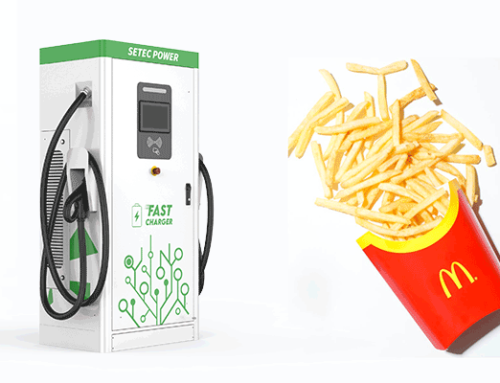With the development of zero-emission technologies, hydrogen has been recognized as a potential power source for long-distance vehicle fleets because of its high energy density and low weight. However, the challenges of using hydrogen as a potential fuel source for these vehicles may outweigh its potential benefits. Here are a few reasons why electricity is the clear choice for fleets:
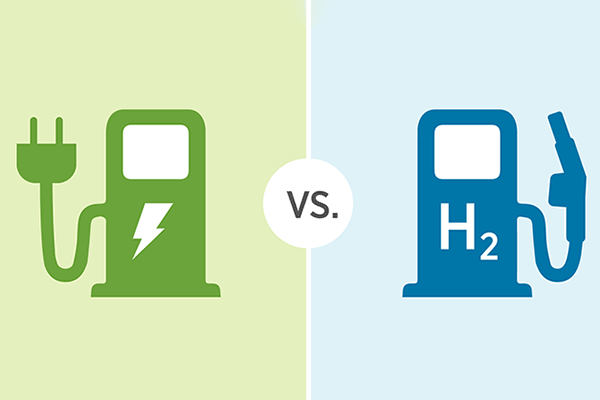
1. Universality
In the U.S., electric charging infrastructure has seen significant growth. With thousands of charging stations spread across the country, EVs offer convenience for urban and suburban users. Hydrogen refueling stations, however, are limited and primarily located in specific regions like California
2. Efficiency
Hydrogen-powered cars are indeed less efficient than electric cars. According to tests, using 100 kWh of electricity to produce hydrogen, and after storage, transportation, and conversion to electrical energy to drive the motor, its energy utilization rate is only 38%. Even if calculated from the injection of hydrogen into the car, its utilization rate is only 57%.
With technological advancements, we can now convert various primary energies into electricity more flexibly and efficiently, providing a cleaner and more efficient energy supply chain for electric cars. As for hydrogen, the energy losses in its production, storage, and transportation processes make its sustainability benefits much lower than electric cars.
3. Cost
Hydrogen-powered cars face significant cost challenges. Firstly, the development of related technologies is difficult, and the industrial chain is complex, leading to high costs. Especially in the process of hydrogen fuel cell power generation, the scarce and expensive precious metal platinum is required as a catalyst.
In contrast, electricity has a significant cost advantage. Electricity is abundant, relatively cheap, and can be easily delivered to any place with a plug. Due to its widespread availability and cost-effectiveness, electricity has become the fuel of choice for zero-emission fleets.
4. Safety
Electricity is a safe vehicle fuel. Battery technology has advanced to include comprehensive safety systems that can manage charging and discharging rates, thermal management, and even mechanical intrusion protection. In contrast, hydrogen has not yet been validated for large-scale applications and carries safety risks.
Hydrogen is highly flammable and can lead to fires and explosions when uncontrolled reactions occur. In 2019, an incident occurred at a hydrogen refueling station located in Sandvika, just outside the capital city of Oslo, Norway.
In summary, it is more advisable to continue developing and improving existing electricity generation and distribution systems rather than promoting hydrogen as a viable alternative fuel.
